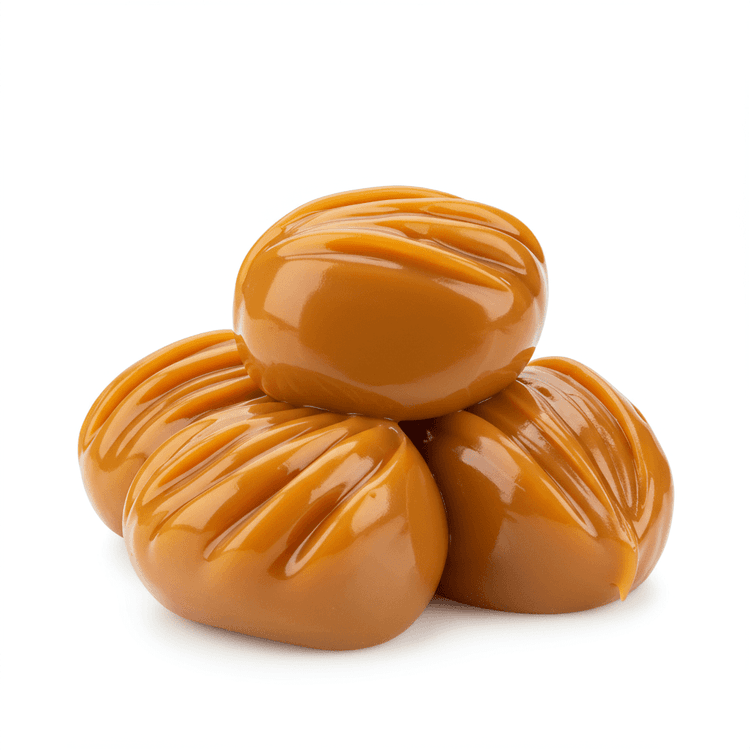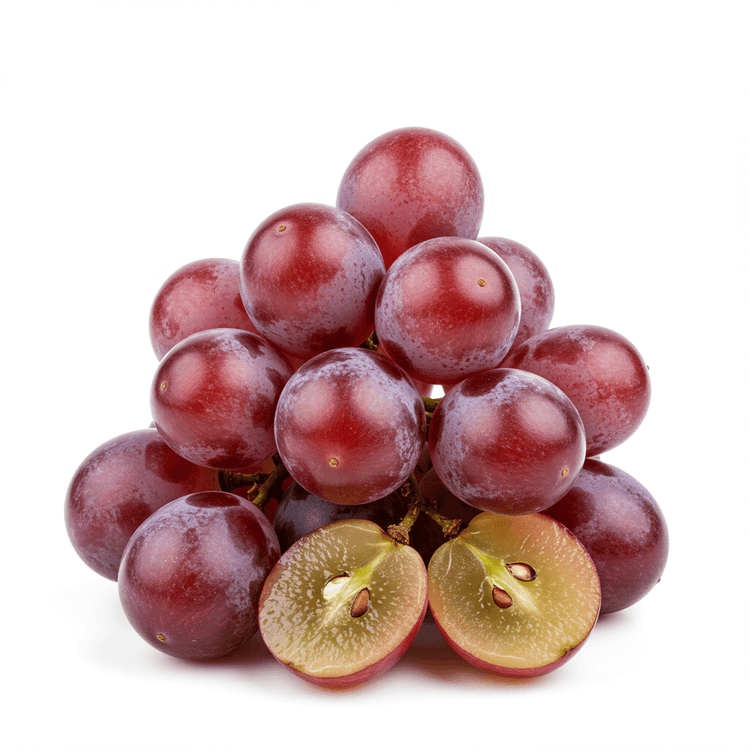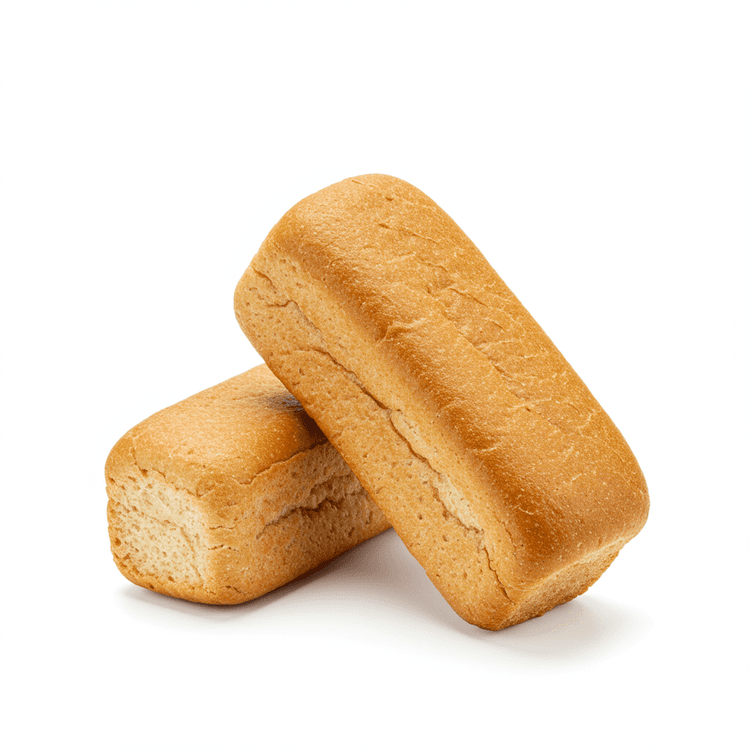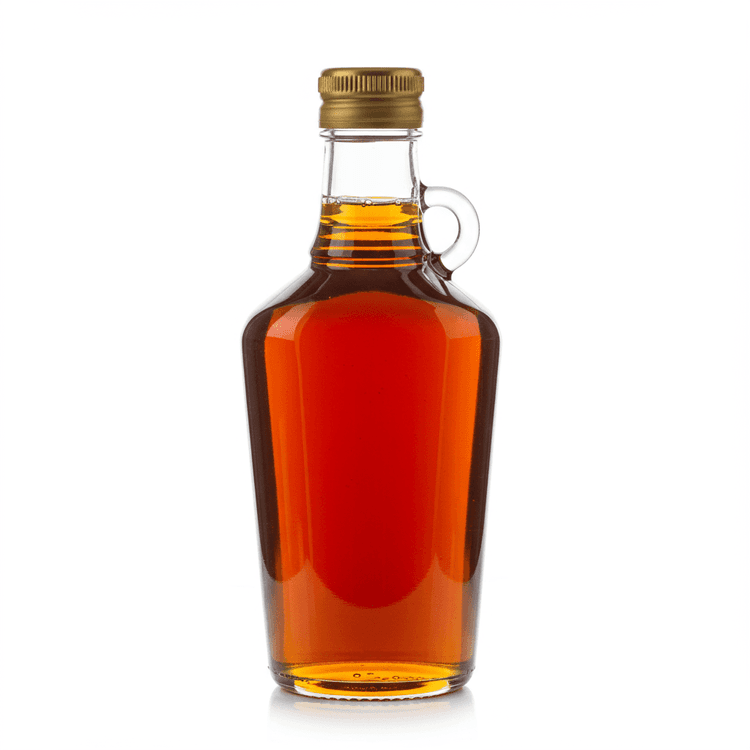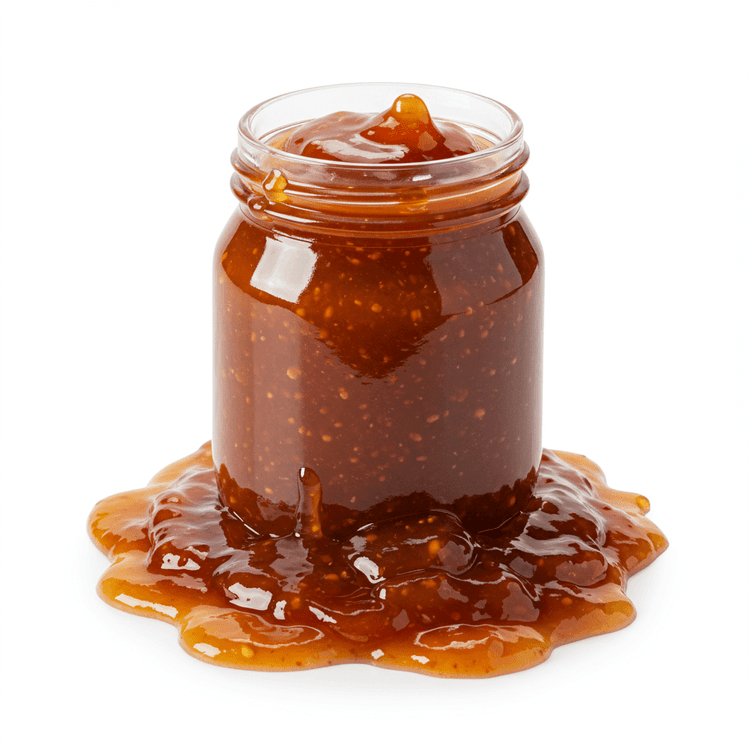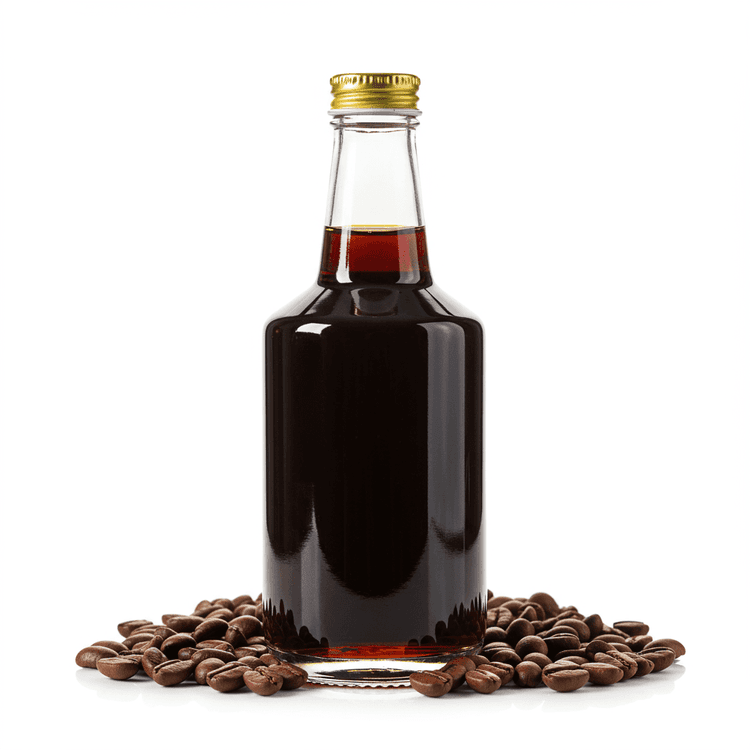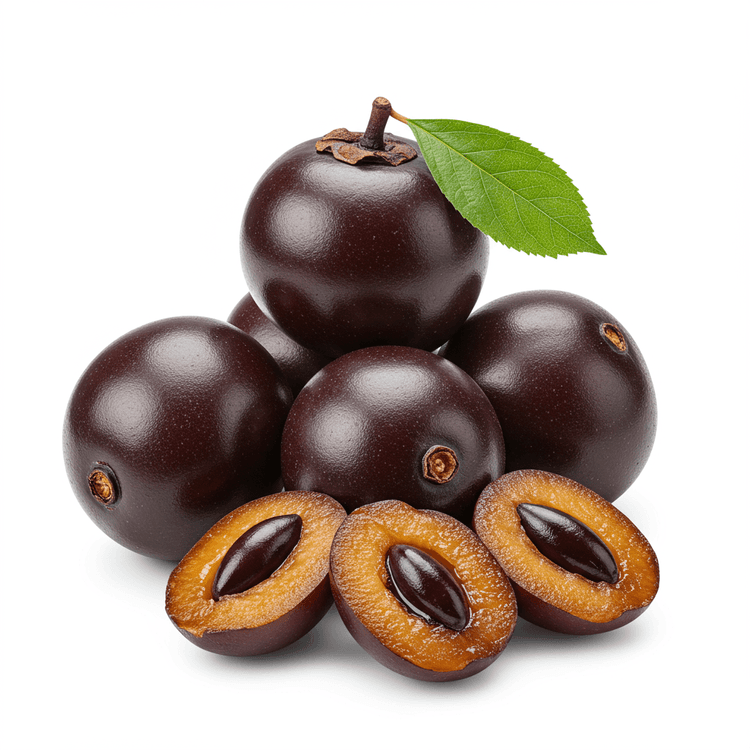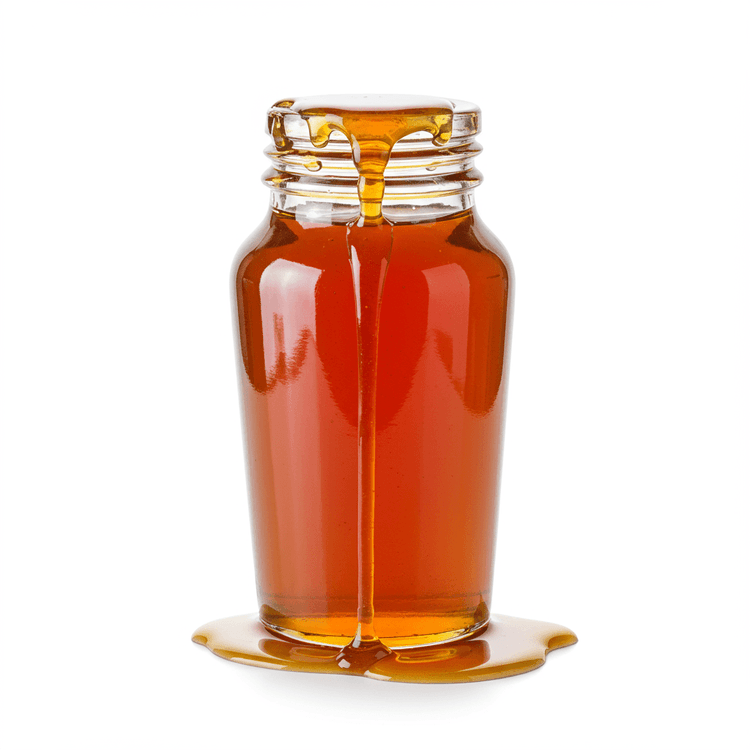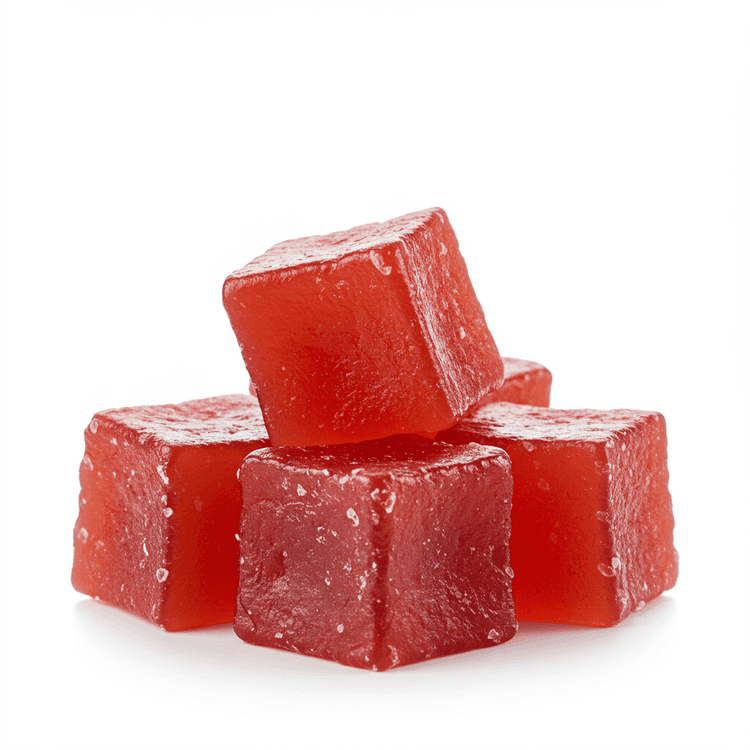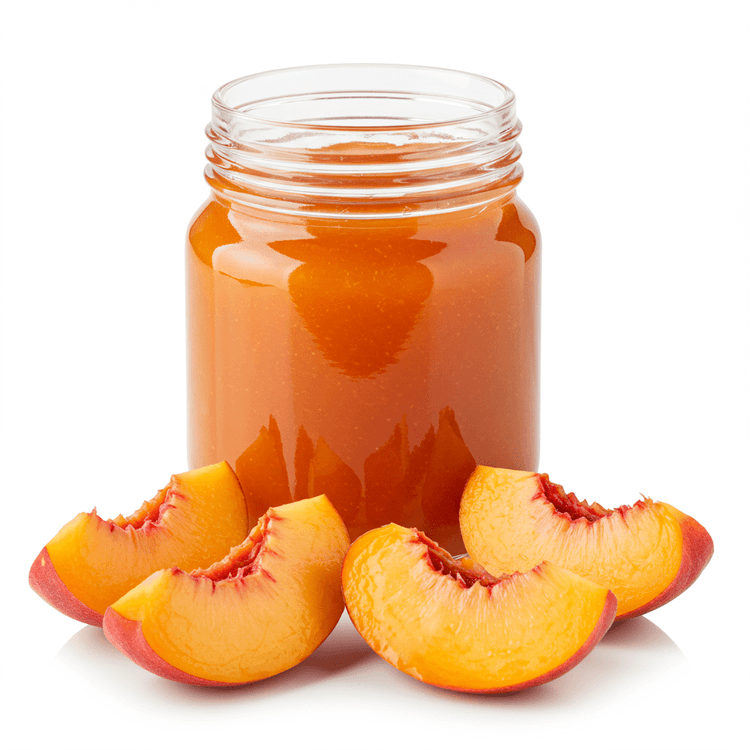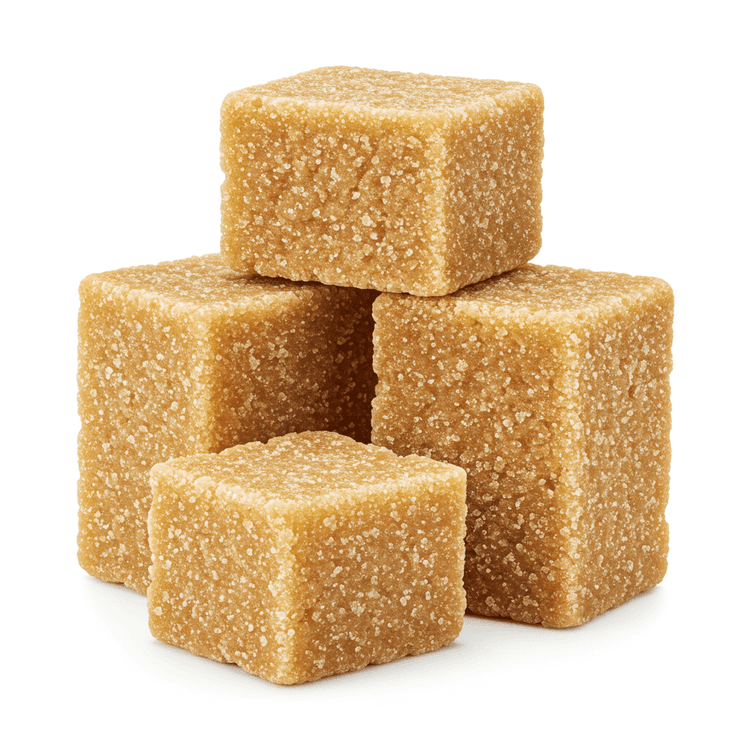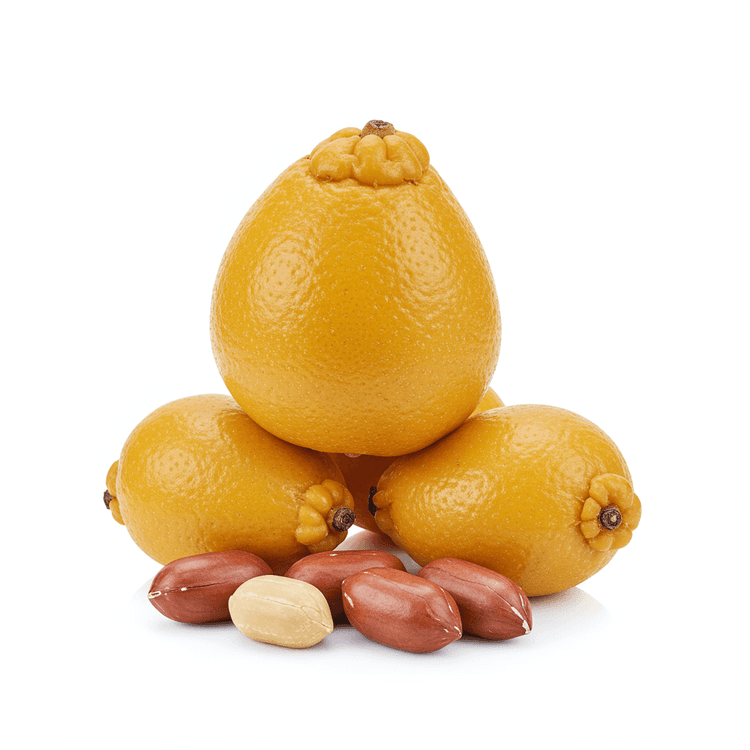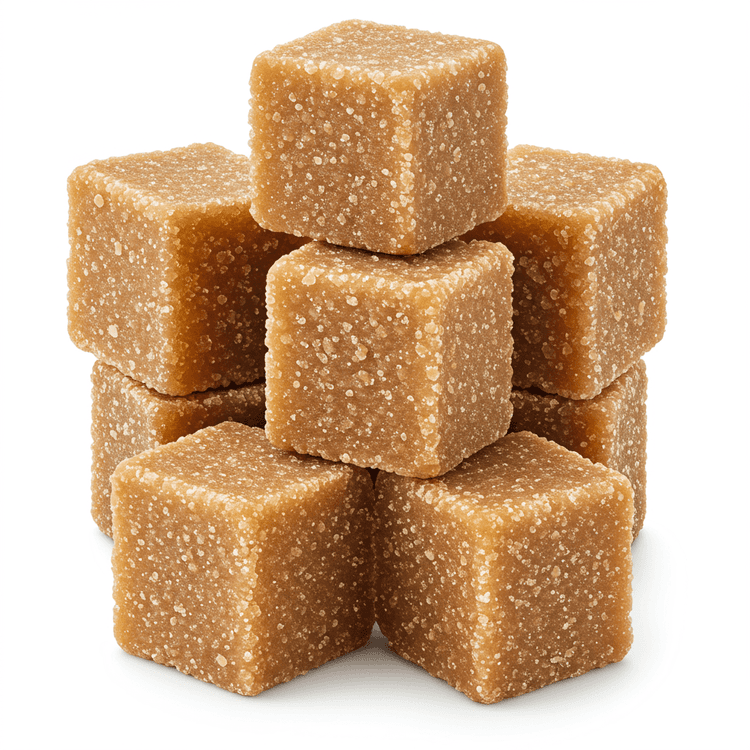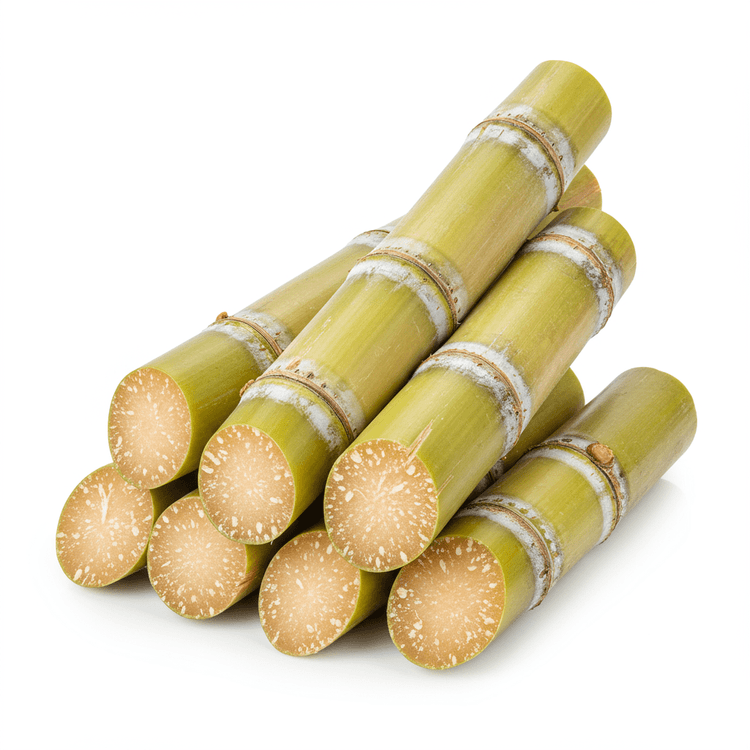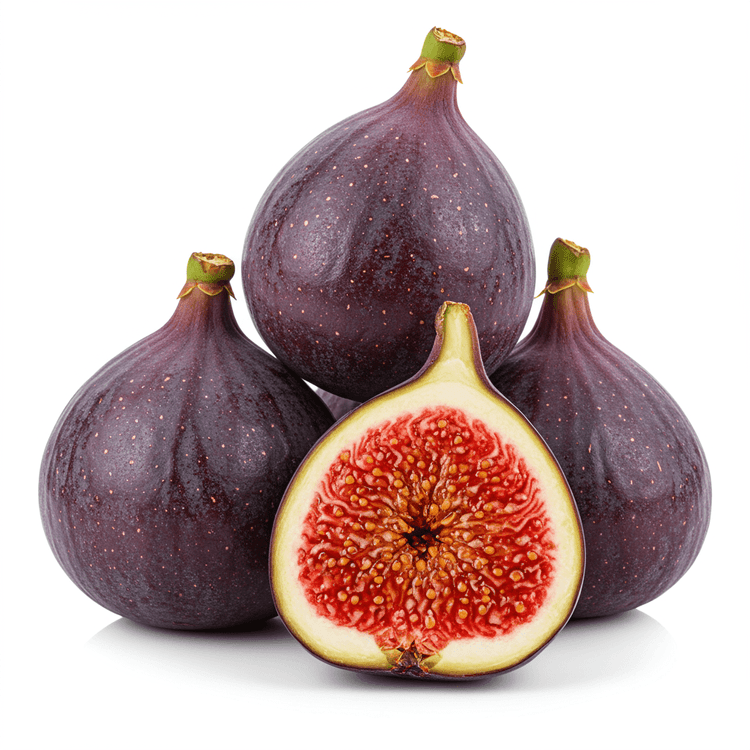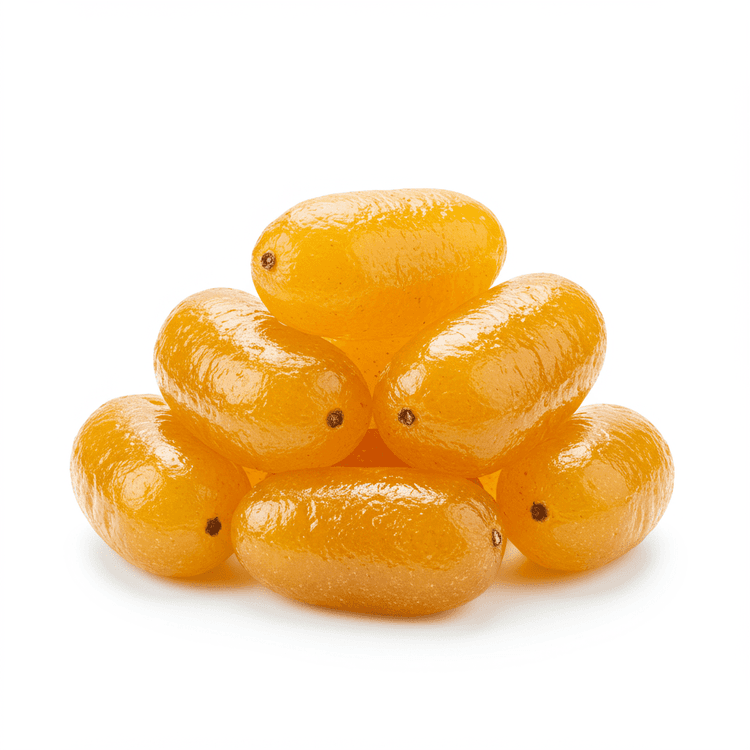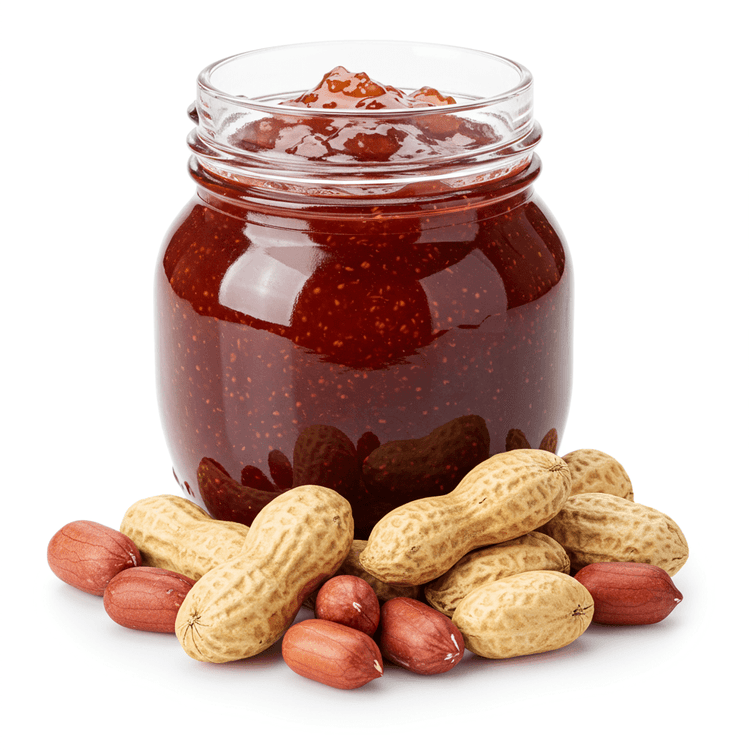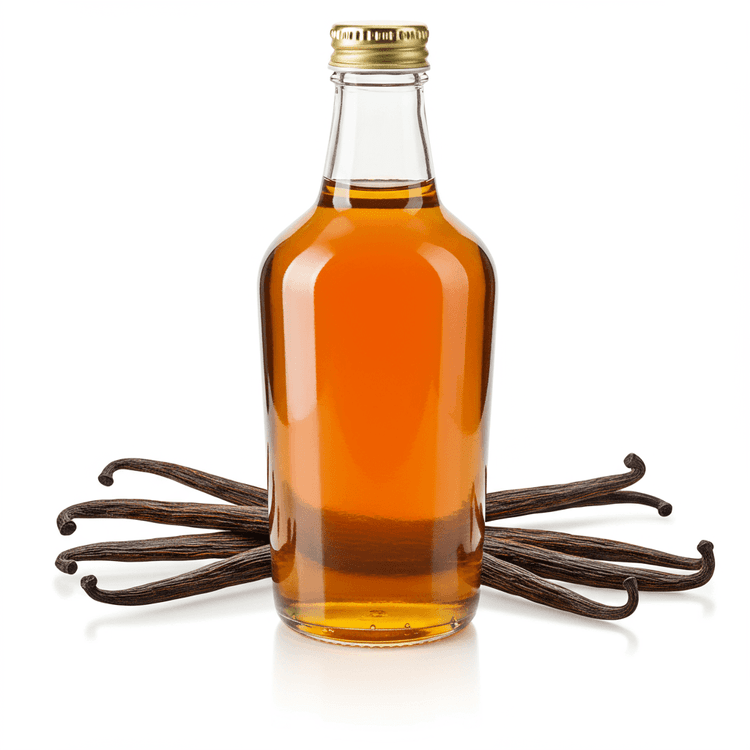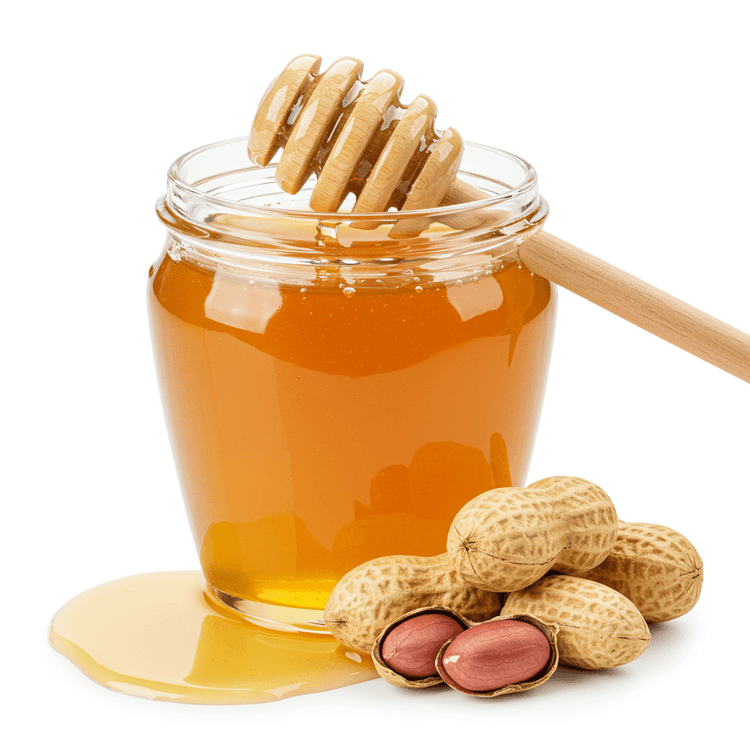
Honey
Honey is a naturally sweet and viscous liquid produced by honeybees from the nectar of flowers. Its flavor profile varies depending on the floral source, ranging from delicate and floral to robust and earthy. The texture is smooth and often sticky, with colors ranging from pale gold to dark amber. Raw honey may contain pollen and enzymes, adding to its nutritional value and potential health benefits. People use honey as a natural sweetener in beverages, baked goods, and various culinary creations, making it a versatile and wholesome alternative to refined sugar.
Common Uses
- Honey is a popular natural sweetener for tea and coffee, providing a distinct flavor and sweetness compared to refined sugar. - It's a key ingredient in many baked goods, adding moisture, flavor, and a golden-brown color to cakes, cookies, and breads. - Honey is often drizzled over yogurt, granola, or oatmeal for a naturally sweet and nutritious breakfast or snack. - As a glaze for meats and vegetables, honey creates a sticky, sweet-and-savory coating, enhancing the flavor and appearance of grilled or roasted dishes. - Honey can be used as a natural preservative in jams, jellies, and preserves, due to its antibacterial properties and high sugar content. - Many chefs and home cooks use honey in homemade salad dressings to balance the acidity of vinegar and add a touch of sweetness.
Nutrition (per serving)
Nutrition (per serving)
Calories
64.0kcal (3.2%)
Protein
0.1g (0.12%)
Carbs
17.3g (6.29%)
Sugars
17.2g (34.4%)
Healthy Fat
0.0g
Unhealthy Fat
0.0g
% Daily Value based on a 2000 calorie diet
Nutrition (per serving)
Calories
64.0kcal (3.2%)
Protein
0.1g (0.12%)
Carbs
17.3g (6.29%)
Sugars
17.2g (34.4%)
Healthy Fat
0.0g
Unhealthy Fat
0.0g
% Daily Value based on a 2000 calorie diet
Health Benefits
- May help soothe coughs and sore throats naturally.
- Provides antioxidants that combat free radicals in the body.
- Can be used as a natural energy source, providing quick carbohydrates.
- May help improve cholesterol levels and heart health.
- Contains antibacterial and antifungal properties that may support wound healing.
Substitutes
Chefadora AI is here.
Experience smarter, stress-free cooking.
Storage Tips
Honey should be stored in a tightly sealed container at room temperature, away from direct sunlight and heat. Proper storage prevents crystallization. If crystallization occurs, gently warm the honey in a water bath to return it to its liquid state. Avoid refrigerating honey, as this accelerates crystallization and makes it difficult to pour.
Marnirni-apinthi Building, Lot Fourteen,
North Terrace, Adelaide, South Australia, 5000
Australia
